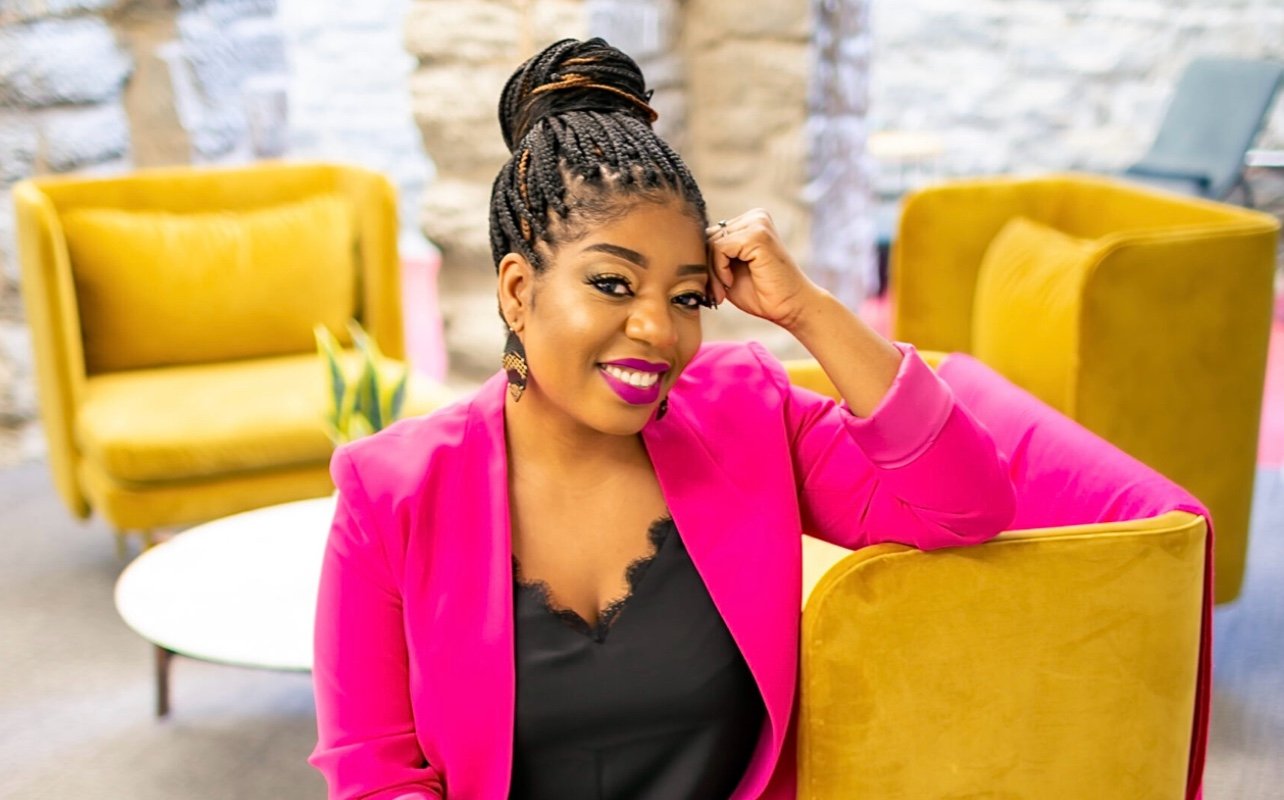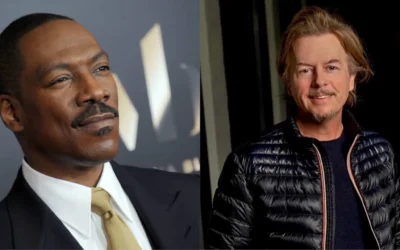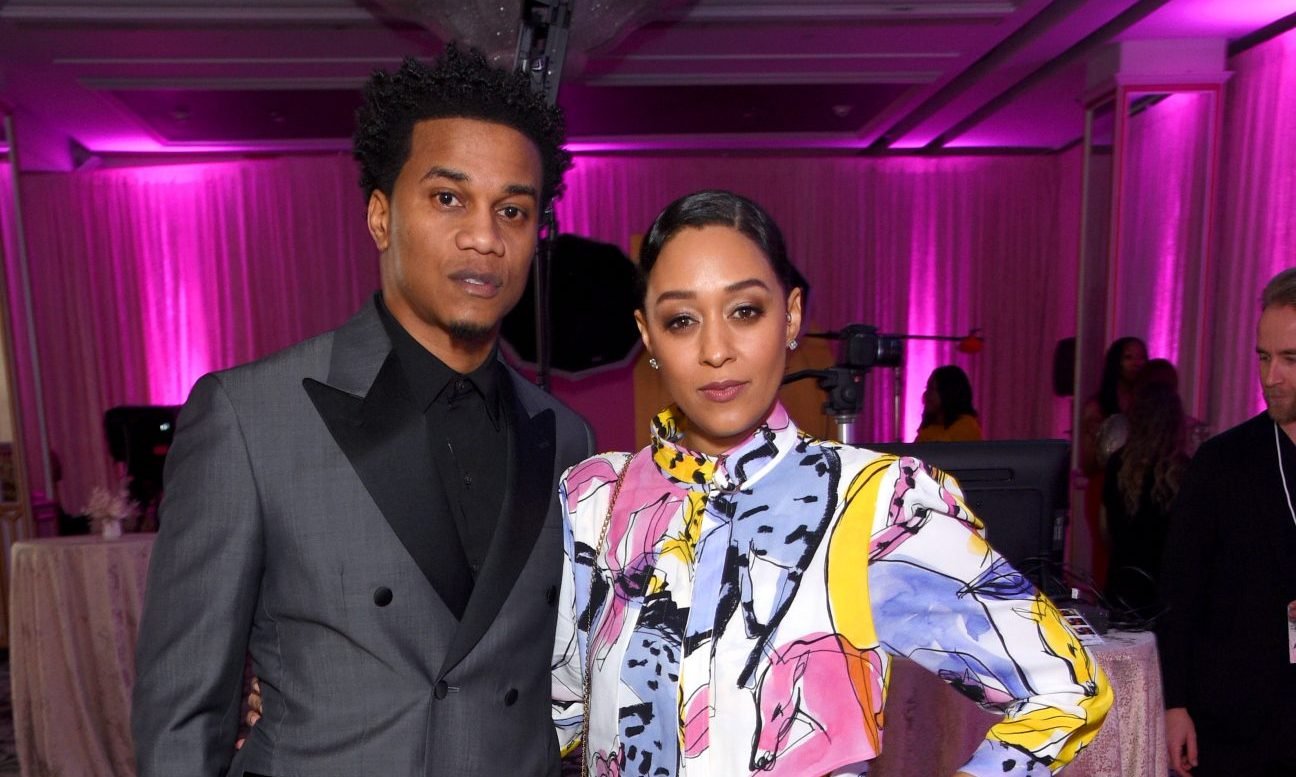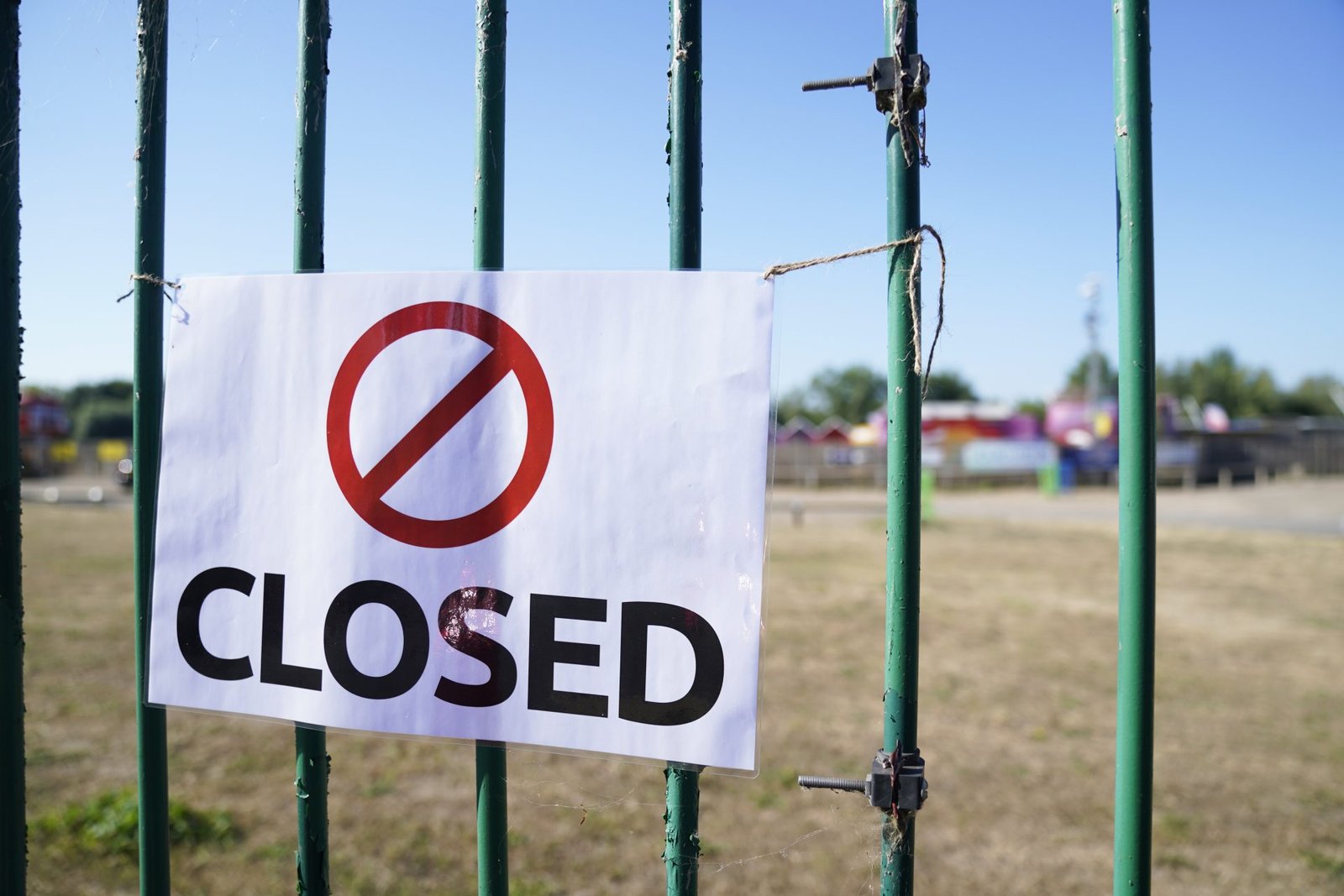The ‘Woke Coach’ Talks Creating An Anti-Racist Workplace


June 7, 2024
Seena Hodges’ goal is to educate the masses about anti-racism practices in the workplace.
Equity in the workplace and business is under fire. Just a few short years ago, amid protests related to police brutality, companies pledged to do more in diversity, equity, and inclusion. Not only did these companies pledge money, they dangled the hope of opportunity for all. That is no longer the case. Some of the largest brands have rolled back their DEI efforts. Florida’s Board of Education recently banned colleges and universities from using state and federal funding to support DEI programs.
A landscape once budding with the promise of a better, more equitable future has been set back. Still, just because the companies have faltered in their efforts does not mean the people within those companies are not dedicated to progressing on the diversity front. That’s where Seena Hodges, also known as “The Woke Coach,” comes in.
Hodge’s goal is to educate the masses about anti-racism practices in the workplace. Her new book, From Ally To Accomplice: How To Lead As A Fierce Antiracist, discusses individual and collective work that can lead to workplace reform and revolution. Hodges spoke with BLACK ENTERPRISE about her work, new book, and the continuing practice of anti-racism in the workplace.
Can you tell our readers a little about your background?
I’m the founder and CEO of a company called The Woke Coach. People would say things to me, like, “I want to be a better person; I don’t want people to think I’m racist; I want to know all the things that I don’t know.” But at the end of that, whatever the lead-up was, at the end, they’d always say, “But I don’t know where to start.”
What does anti-racist work look like in the office space?
The reality of it is that oftentimes, in our DEI work in workplaces, we don’t specifically call out anti-racism.
On a macro level, this makes conversations about race not only necessary and important but also expected in the workplace.
When you have a culture where you’re able to talk about race, racial identity, and different cultural practices, then you have an environment whereby people can talk openly about microaggressions, experiencing them, and further about how to prevent them.

The term “woke” is no longer lauded. Why use the term as a moniker?
Language is imperfect at best, and it shifts over time. The word “woke” is over 100 years old, and it is a word that is used to signify the awakening of people to social ills and challenges that we all face. If we allow people to keep moving the goalposts, then we’ll always be chasing the goalposts instead of solving the challenges that plague us all.
DEI initiatives are being dismantled around the country. How can a company without funding for education and training still implement these practices?
One way that companies can handle this is by recognizing that most of us have professional development line items. There are low- to no-cost things like book clubs or brown bag lunches. You can include the work of DEI in your organizational culture if you don’t have the budget for it, but I will always stress that the budget is a value statement.
Are you doing any work on a political level to help further your message?
Our work is primarily centered around increased self-awareness and personal responsibility.
The adage that if you know better, you do better is really what applies to the work that we do. We do recognize that our work leads to people having a better understanding of not only their work environment but the world around them.
What are the “hard truths” we have yet to face in the workplace?
If you are angry that it’s called DEI, it doesn’t matter what you call it; the work is still necessary. That is a hard truth about the workplace.
Another hard truth about the workplace is that racism, though illegal, still exists.
Another hard truth to recognize is that it’s important for us to realize that the population shifts are happening… We have to change along with it to make sure that we’re creating places set up for everybody’s success.
Lastly, a hard truth is that sometimes the person that’s in charge is the challenge. Sometimes, leadership gets in the way of creating a more inclusive environment.

What is something new in “From Ally To Accomplice: How To Lead As A Fierce Antiracist” that people can grasp to help further the current dialogue?
The book is designed to help people create an actual practice.
We know if you can make something a habit, you can do it over and over and over again. The book also helps readers identify areas of importance to them if they think about what it might look like to use anti-racism as a practice. What are things that you care about? What are things that you recognize? It also tries to help people understand how to use their own locus of power and privilege in order to create different circumstances for the people around them. That’s the piece that is new.
RELATED CONTENT: Father-Son Lead Multimillion Design Firm Uplifted By DEI Efforts










